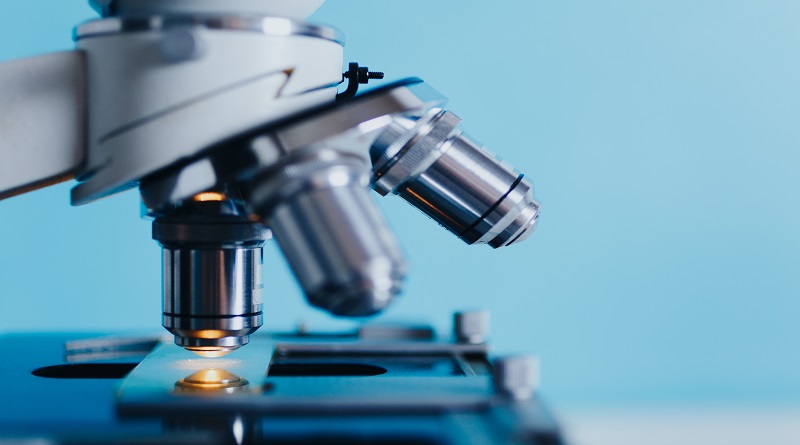Have you an interest in learning about diseases, their origin, how to treat them and developing equipment in health treatments? Do you have a critical mind and want to be involved in some of the world’s groundbreaking medical research? Have a look at this course and see if it fits your desire!
What is Biomedical, Health and Life Sciences?
Biomedical, Health and Life Sciences focuses on the area of science and how research and technology can have an effect on human health. This includes aiding us in our knowledge of disease prevention, detection and treatment.
What third level courses are available?
Universities and colleges in Ireland are offering courses in the following subject areas:
- Biomedical, Health and Life Science
- Biomedical Science
- Biological and biomedical science
- Food and Health Science
- Health Science
- Health and Performance Science
- Health Science and Performance
Studying Biomedical, Health and Life Sciences in college
There is one course by this exact title available to study in Ireland and that course is in UCD. It is a four year course that will allow you to gain skills and knowledge in biomedical research through interactions and research rotations in the area of disease.
Your first year of an undergraduate degree generally is your introductory year and will give you a strong foundation and knowledge of the area and map out the plans for the coming years throughout your degree. In this course, in your first year, you will cover modules including Clinical Human Anatomy, Translational Research, Basic Tissue and Early Development, Genetics and Cell Biology. You will be introduced to the area of translational research to give you a basic understanding before looking at it in more depth later in your course.
In your second year and third year, you will gain a more complex and in depth knowledge of a broader area of topics. Such topics include Cell Biology, Biochemistry, Pharmacology and Physiology, to name a few. It is throughout these two years that you will be introduced to disease, and in particular, the development of diseases, preventing illness and treating certain diseases and illnesses. You will cooperate in support modules from biostatistics and neuroscience to pharmacology, mechanisms of disease and many more.
Your final year is mainly focused on developing your fundamental knowledge in the translation of scientific discovery into clinical utilization. Students will gain the opportunity to apply their theory practically and work in affiliated hospitals. Aside from this you will also concentrate on your theory and take modules in areas such as Cloning, Gene Therapy and Stem Cells, Advanced Neurochemistry, Drug Discovery and Development and Genetics, Disease and Behaviour to name a few areas.
Career Options
There are a few options you can take with an undergraduate degree in Biomedical, Health and Life Science. The first option is to continue on your study at postgraduate level and specialise in a relevant field of your interest. Many then follow their studies at PhD level. This may help you to become more appealing to employers as well as developing your own personal knowledge and skills in a particular area.
A popular path to take with this degree is to go into biomedical research. Many with this degree have opted to go for Graduate Entry Medicine programmes and work in areas from pharmaceuticals to biotechnology industries. It is quite a broad area with many options on offer to students.
Skills and qualities important for studying and working in this area include excellent time management skills, excellent research skills, a genuine interest in the area, good communication skills, good interpersonal skills, the ability to work well under pressure, analytical skills, organisation skills, the ability to work well with others, strong presentation and written skills as well as paying attention to detail and being a critical thinker.
Related Jobs
- Biomedical researcher
- Pharmaceuticals
- Biomedical Engineer
- Medicine
- Biotechnology
- Clinical scientist
- Analytical Chemist
- Biotechnologist
Further Study
Visit postgrad.ie for more information.
FAQ
Different courses and different colleges will have different entry requirements. It’s always safest to check with the individual higher education institution which is available on their websites. As a general rule Leaving Cert students should have a minimum of six subjects which should
include: Two H5 (Higher Level) grades and Four O6 (Ordinary Level) grades or four H7 (Higher Level) grades. Subjects must include Mathematics, Irish or another language, and English.
In 2020, points for this course were 589 points. Points may change and vary from year to year.
Where can I study?
For other courses in the area you would like to explore, you can do so here.
Did you know?
- Biomedical engineers design and create artificial organs
- The first piece of medical equipment created was a stethoscope
- There are more than 10,000 medical equipment devices available.
Resources












Comments